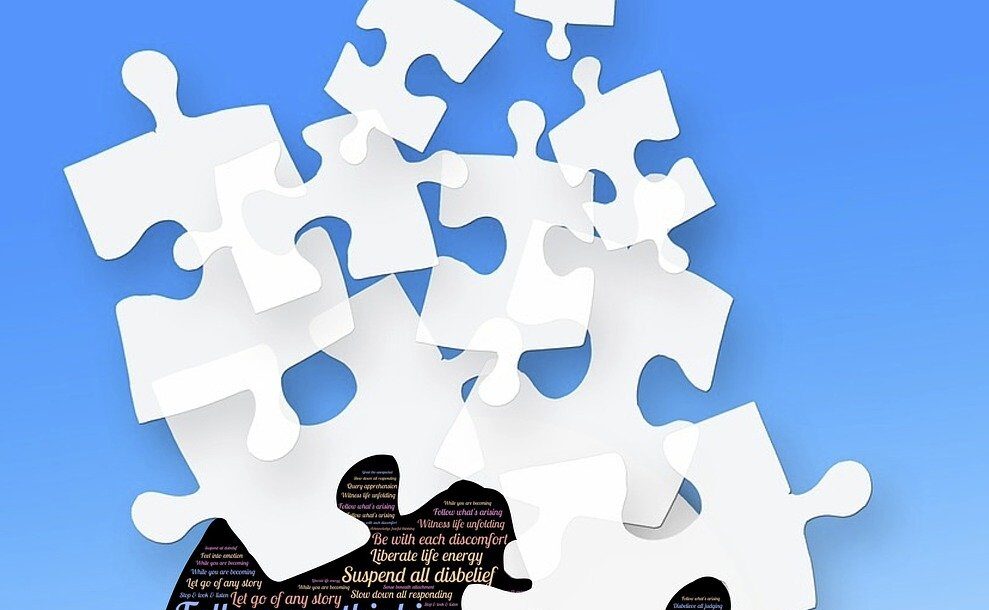Blame-shifting is one of the most frustrating and disorienting behaviours to encounter, especially when it comes from someone close to you. A partner, friend, or family member saying, “I wouldn’t have gotten so angry if you didn’t make me upset,” can leave you stunned and unsure of how to respond. When you know you’ve done nothing wrong, being blamed unfairly feels both confusing and deeply hurtful.
This blog explores why blame-shifting feels so shocking, why it’s hard to respond in the moment, and what you can do to handle these situations with clarity and confidence.
Why Blame-Shifting Feels So Shocking
Blame-shifting often catches us off guard because it goes against the basic expectations of trust and fairness in a relationship. Here’s why it can feel so disorienting:
It Violates Basic Trust
In healthy relationships, there’s a shared expectation of mutual respect and understanding. When someone unfairly blames you for their actions, it breaks that trust. The betrayal of that mutual respect is often unexpected, making the situation even harder to process.
It’s Unjust
Being blamed for something you didn’t do feels inherently wrong. This injustice can leave you reeling, trying to make sense of why someone would accuse you unfairly. That sense of unfairness can cause a freeze response because your brain is struggling to reconcile reality with their accusations.
Cognitive Dissonance
When someone you care about blames you for their mistakes, your mind experiences a conflict: you know the blame is undeserved, yet hearing it from someone close creates confusion. This disconnect between reality and their words can leave you speechless, as your mind processes the shock of the situation.
It’s Unexpected
Blame-shifting isn’t something most of us anticipate, especially in close relationships. It catches you off guard, leaving you unprepared to respond in the moment.
Why You Didn’t Speak Up in the Moment
If you’ve ever felt paralyzed and unsure of what to say when faced with blame-shifting, know that it’s completely normal. Here’s why you might struggle to respond:
Surprise and Confusion
Blame-shifting often comes out of nowhere, leaving you with no time to prepare. In those moments, you’re trying to process what’s happening, making it difficult to formulate a response.
Fear of Escalation
You might choose silence in the moment to avoid making things worse. If you’re dealing with someone who is already defensive or manipulative, speaking up could lead to further conflict or more hurtful accusations.
Emotional Overload
Shock, confusion, and even anger can flood your emotions all at once, making it hard to think clearly. This emotional overwhelm often results in silence because your mind is busy managing the overload.
Self-Doubt
Repeated blame-shifting can make you question yourself, even when you know you’re not at fault. That internal struggle can make it hard to defend yourself in the moment.
How to Handle Blame-Shifting
While it can be difficult to respond in the moment, there are steps you can take to manage blame-shifting and protect your emotional well-being.
1. Take a Moment to Breathe
If you feel shocked or overwhelmed, take a deep breath to ground yourself. Breathing deeply can help calm your emotions and give you a moment to think clearly before responding.
2. Acknowledge Your Shock
Sometimes, it helps to name what you’re feeling. Saying, “I’m surprised you’re blaming me for this,” can give you a chance to voice your emotions and make it clear that you’re not accepting the blame.
3. Respond When Ready
It’s okay to take time to process the situation before responding. Let the person know, “I need some time to think about what you’ve said,” or “I’m not going to respond to this right now.” This sets a boundary and gives you space to gather your thoughts.
4. Follow Up Later
If you didn’t say anything in the moment, you can always revisit the situation later. Once you’ve had time to process, approach the person and say something like, “I’ve been thinking about what happened, and I want to talk about how unfair it was for you to blame me.”
5. Assert Your Boundaries
When the shock has passed, it’s important to set boundaries. You can say, “I’m not responsible for your actions, and I won’t accept being blamed for things outside my control.” This helps prevent further attempts to shift blame onto you.
Why Blame-Shifting Often Stems From Past Trauma
It’s worth noting that blame-shifting often isn’t just about you. For some people, this behaviour is rooted in their own unresolved trauma or emotional struggles. They may find it difficult to accept responsibility for their actions, so they project their feelings of guilt, shame, or inadequacy onto others.
While this doesn’t excuse their behaviour, understanding it can help you see that their blame-shifting isn’t a reflection of your worth—it’s a reflection of their own inner struggles.
How My Therapy Can Help
If blame-shifting has been a recurring issue in your relationships, therapy can help you understand and address these patterns. My approach focuses on:
- Helping you build emotional awareness so you can recognize and name the feelings that arise in these situations.
- Exploring the roots of blame-shifting behaviours—both yours and others’—to help you set healthier boundaries.
- Developing communication skills that allow you to assert yourself confidently and respond constructively, even in emotionally charged situations.
You deserve relationships where respect and accountability are shared. If you’re ready to break free from the cycle of blame-shifting and create healthier dynamics, I’m here to help guide you through that journey.
Final Thoughts
Blame-shifting can feel shocking and disorienting, but it doesn’t have to define your relationships or your self-worth. By understanding why it happens and learning to respond with clarity and confidence, you can protect your emotional well-being and foster healthier connections.
If this resonates with you and you’d like to take the next step in healing and growth, reach out to me today. Together, we can create the change you deserve.




Leave a Reply